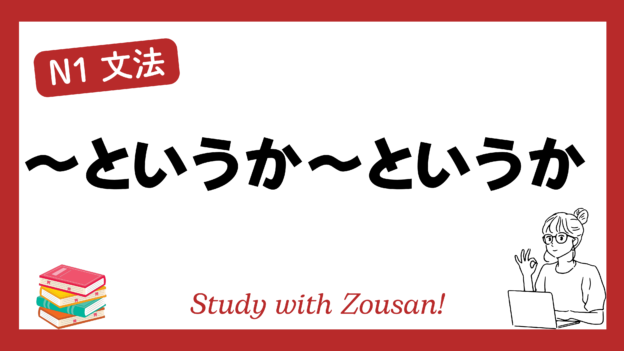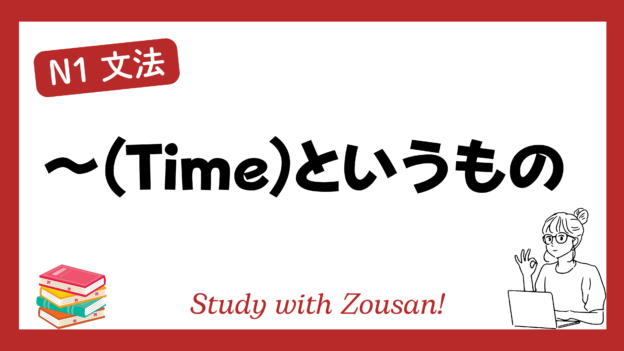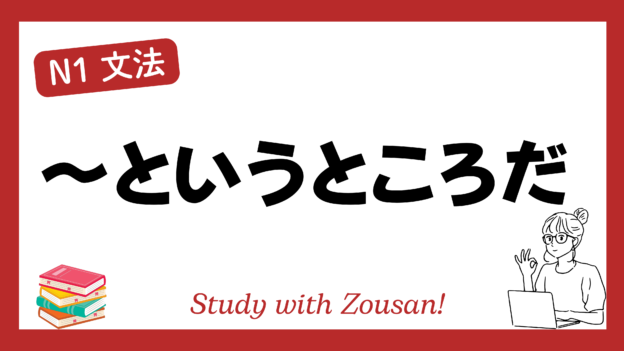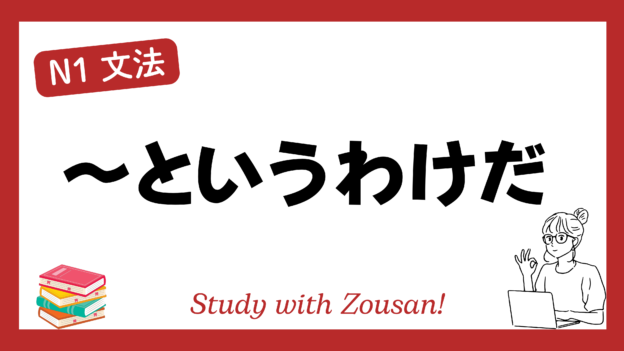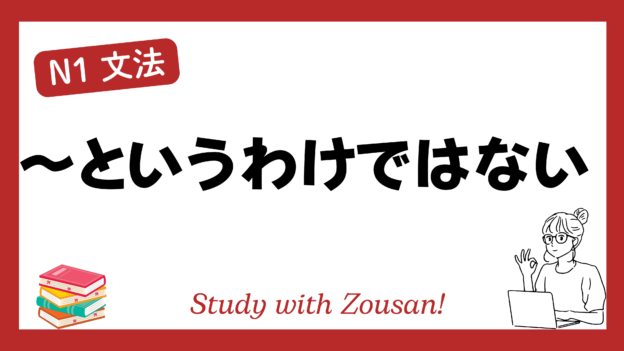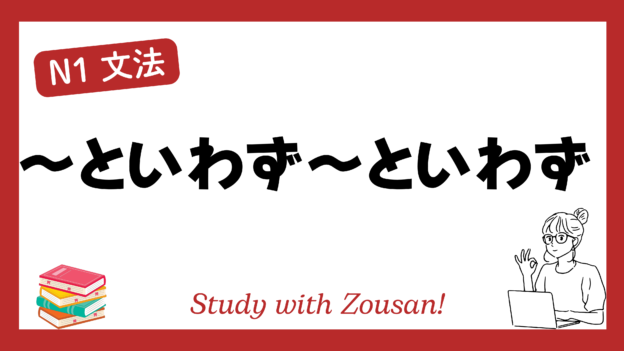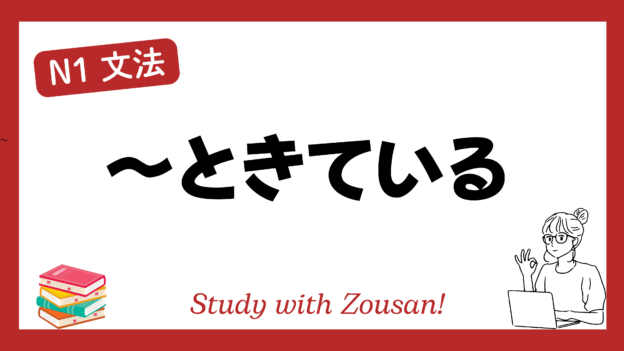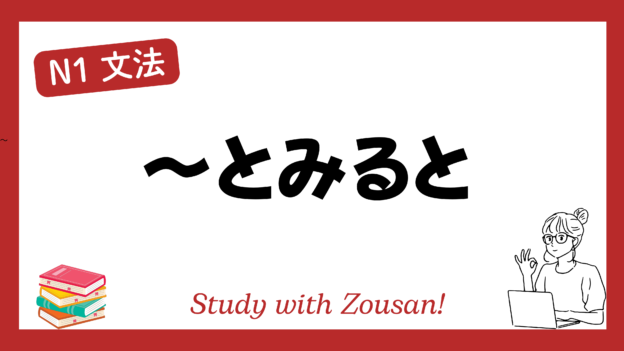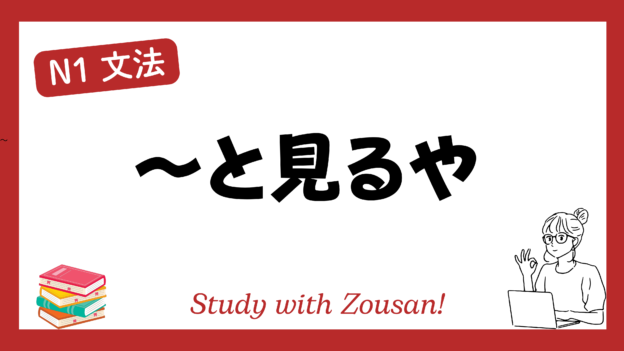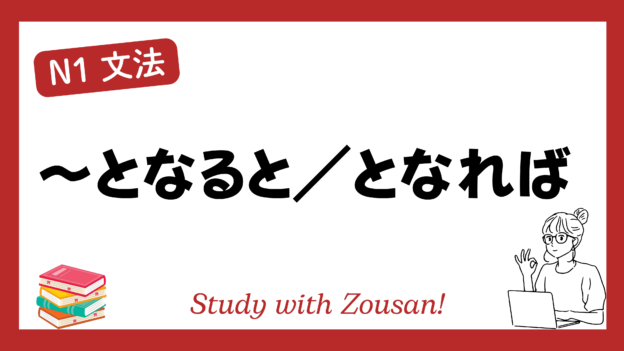Meaning: “You could say… or you could say…”, “I don’t know whether to call it… or…”
This structure is used when the speaker wants to describe something but is unsure of the most accurate way to express it. The speaker presents two possible descriptions, both of which might be true, but they are uncertain which one is more appropriate.
※Note: This structure is often used in spoken language when the speaker is trying to convey an emotion or situation but is unsure of the best word to use.
Structure:
| Verb (casual) | + というか + | Verb (casual) | + というか |
| Noun | Noun | ||
| な-adj | な-adj | ||
| い-adj | い-adj |
Example:
-
-
-
🌟 彼の行動は、勇気があるというか無謀というか、分からない。
(かれ の こうどう は、ゆうき が ある という か むぼう という か、わからない。)
I don’t know whether to call his actions brave or reckless. -
🌟 彼女は可愛いというか綺麗というか、とにかく魅力的だ。
(かのじょ は かわいい という か きれい という か、とにかく みりょくてき だ。)
I don’t know whether to call her cute or beautiful, but she’s charming either way. -
🌟 今日は忙しいというか、バタバタしているというか、とにかく大変だ。
(きょう は いそがしい という か、ばたばた して いる という か、とにかく たいへん だ。)
I don’t know whether to call it busy or chaotic, but today has been tough. -
🌟 彼の性格は優しいというか、お人好しというか、とにかく親切だ。
(かれ の せいかく は やさしい という か、おひとよし という か、とにかく しんせつ だ。)
I don’t know whether to call him kind or naive, but he’s very nice. -
🌟 これは失敗というか、経験というか、学ぶべきことが多い。
(これ は しっぱい という か、けいけん という か、まなぶ べき こと が おおい。)
I don’t know whether to call this a failure or a learning experience, but there’s a lot to learn. -
🌟 彼の提案は大胆というか無茶というか、リスクが高い。
(かれ の ていあん は だいたん という か むちゃ という か、りすく が たかい。)
I don’t know whether to call his proposal bold or reckless, but it’s risky. -
🌟 このプロジェクトは面白いというか難しいというか、やりがいがある。
(この ぷろじぇくと は おもしろい という か むずかしい という か、やりがい が ある。)
I don’t know whether to call this project interesting or difficult, but it’s definitely challenging. -
🌟 彼は頑固というか、信念が強いというか、とにかく譲らない。
(かれ は がんこ という か、しんねん が つよい という か、とにかく ゆずらない。)
I don’t know whether to call him stubborn or determined, but he won’t budge. -
🌟 これは成功というか、運が良かったというか、結果が良かった。
(これ は せいこう という か、うん が よかった という か、けっか が よかった。)
I don’t know whether to call this success or just good luck, but the result was good. -
🌟 彼の話は面白いというか変わっているというか、とにかくユニークだ。
(かれ の はなし は おもしろい という か かわって いる という か、とにかく ゆにーく だ。)
I don’t know whether to call his story interesting or strange, but it’s unique.
-
-


